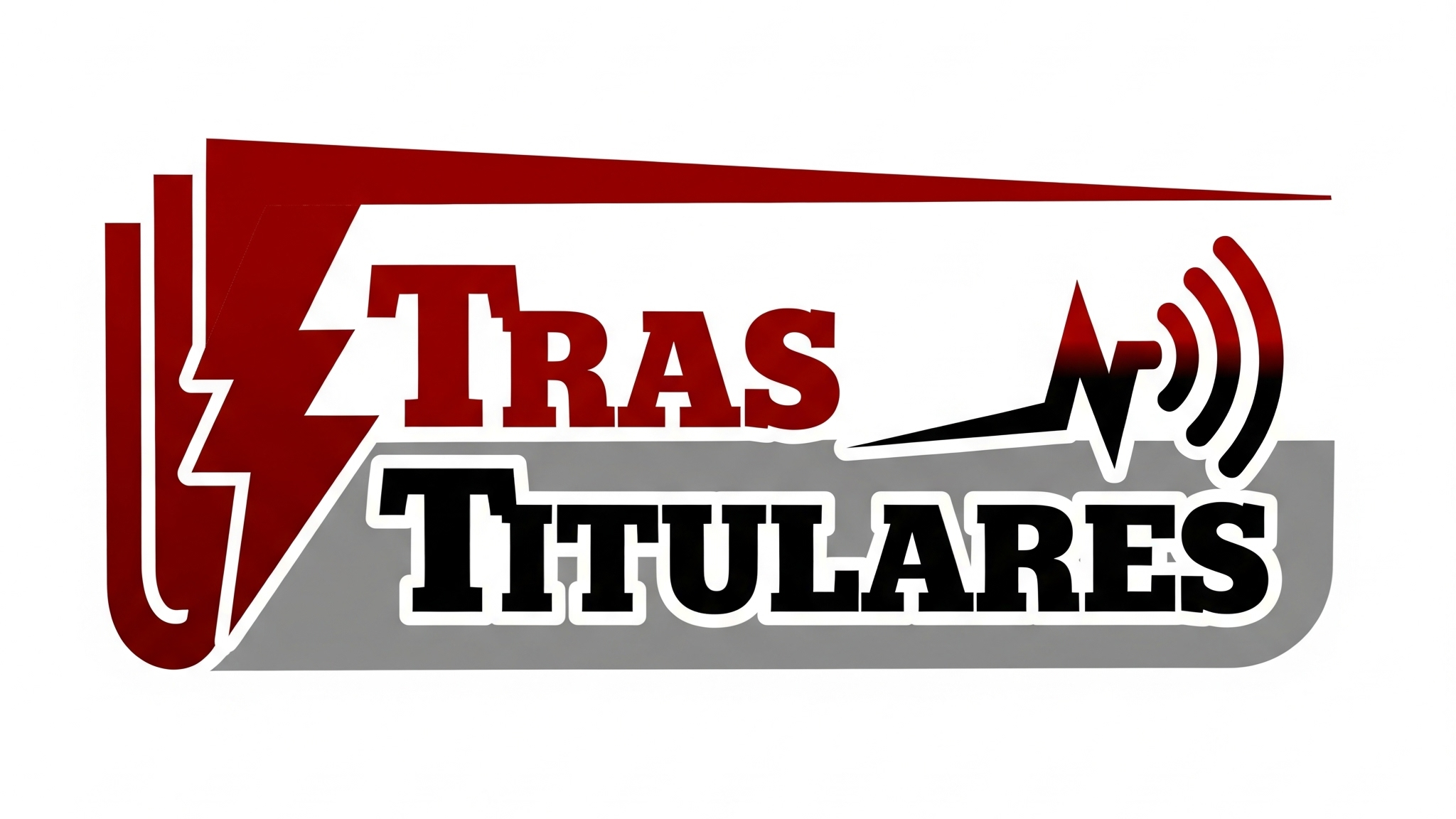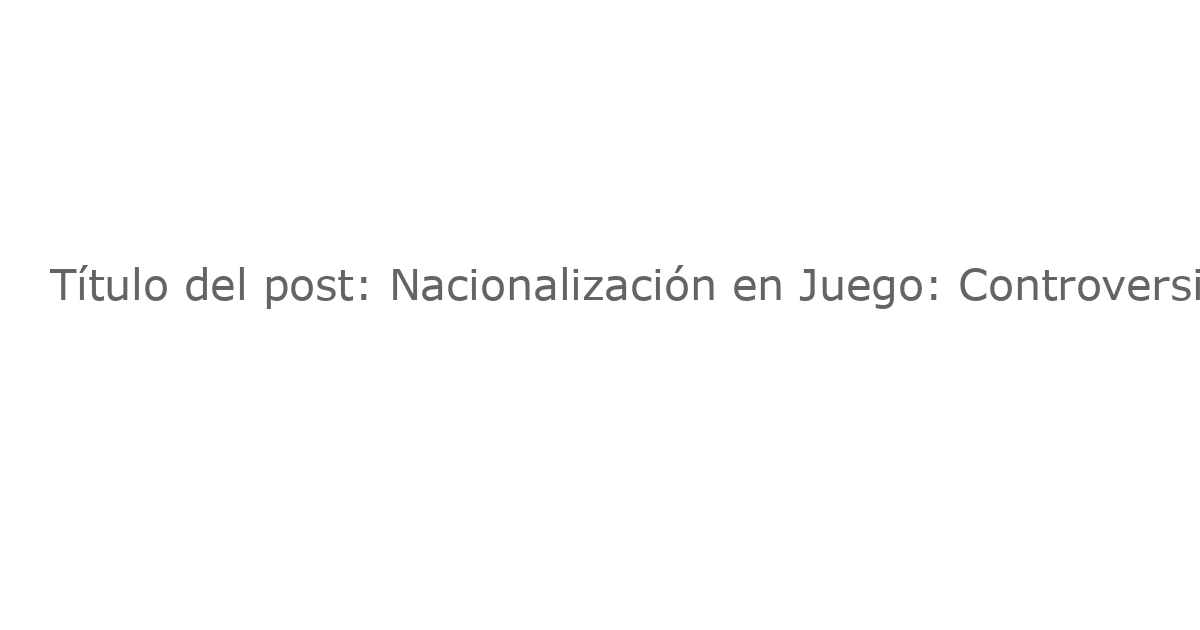A historic opener in São Paulo, a 10-3 lead for the Chargers early in the 2nd, and a cultural bridge built by music. We hold these performances to an impossible standard, one set forever by Whitney Houston’s legendary Super Bowl XXV rendition, a performance so powerful during the Gulf War it became a chart-topping single and remains the undisputed benchmark. That was the gold standard. What unfolded in São Paulo for the Chiefs-Chargers opener was something entirely different.
As Nicco succinctly put it on social media, “La forma en que manejaron el himno fue triste. Honestamente, ni siquiera sé qué intención tenían con una interpretación etinicamente centrada, sin palabras. Luego, para seguir con un cantante brasileño para su propia.” The intention was artistic elevation. Grammy-nominated jazz saxophonist Kamasi Washington, a man whose work with Kendrick Lamar has defined a generation of music, took to the field to perform “The Star-Spangled Banner.”
His saxophone wove a complex, soulful tapestry of the familiar melody, but it was undercut by a bass line that seemed to wander aimlessly, a companion piece that lost its way. The result was a jarring, avant-garde performance that even had Andy Reid visually perplexed, leaving the crowd bewildered. By the final note, the confusion had curdled into frustration, manifesting in a wave of boos that echoed through Arena Corinthians.
Kamasi Washington performs the US National Anthem before the São Paulo Game! @KamasiW
KCvsLAC on YouTube https://t.co/JVXS9sMZhB pic.twitter.com/viEhPDW8G4
— NFL (@NFL) September 6, 2025
Yet, in the same breath that condemned the U.S. anthem’s reception, the event revealed a breathtaking poetic beauty. The organizers’ plan was a two-act play: first America’s song, then Brazil’s. Following the jeers, Brazilian singer Ana Castela, the 21-year-old ‘Boiadeira’ superstar, stepped forward to perform “Hino Nacional Brasileiro.” What happened next was a masterclass in national pride.
As Castela’s powerful voice rang out, the entire stadium transformed into a unified choir, thousands of voices singing their anthem with a passion that was both visceral and moving. But the US National Anthem performance brought a lot of criticism.
Anthem missteps in São Paulo: Boos all over
The contrast was so profound it spawned the most logical fan solution of the night: “La próxima vez, solo que la mujer brasileña cante ambos himnos.” It was a moment that struck a chord with viewers, fans who tweeted, “Observando el partido de la NFL en Brasil, todo el estadio se une. Tienen orgullo en su nación, algo que desesperadamente necesitamos en América.” The contrast was undeniable. One anthem met with confusion, the other with a resonant, heartfelt embrace.
This wasn’t the NFL’s first attempt to blend cultures in São Paulo; it was a strategy. Just days prior, Brazilian artist Luisa Sonza had unveiled a Portuguese trap-funk remix of the Chiefs’ anthem, “Red Kingdom,” a move Tech N9ne himself endorsed as “beautiful.”
The league’s effort to create a “cultural gateway” is admirable, a necessary evolution for a sport going global. But the anthem controversy underscores a delicate balance of respect versus innovation. Fans were merciless, with one calling it a “Top 5 worst anthem performance of all time,” and another demanding, “Peor himno de todos los tiempos. Quienquiera que reservara a este tipo debería ser despedido al instante.” It was a stark, uncomfortable moment that one viewer, Jim Rome’s Biggest Clone, reacted to with extreme vitriol: “Boear durante nuestro himno para ver nuestro deporte nacional debería ser castigado con la muerte.”
As one fan questioned online, “¿Quién eligió a ese tipo para representar a América en Brasil con ese himno extraño?” The answer is an organization trying to curate an experience, learning in real-time that some songs are more than just melodies, they are vessels of identity.
And as the Eagles’ victory with Boyz II Men proves, when done right, the fusion of sport and song can be magic. In the end, the game went on, the Chargers holding their lead in the 4th quarter 20-18, but the pre-game show offered a more profound score pre Xavier’s exit: a lesson in how patriotism sounds different in every corner of the world, and how easily it can be lost in translation.

